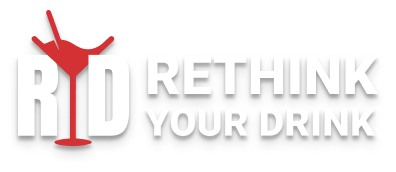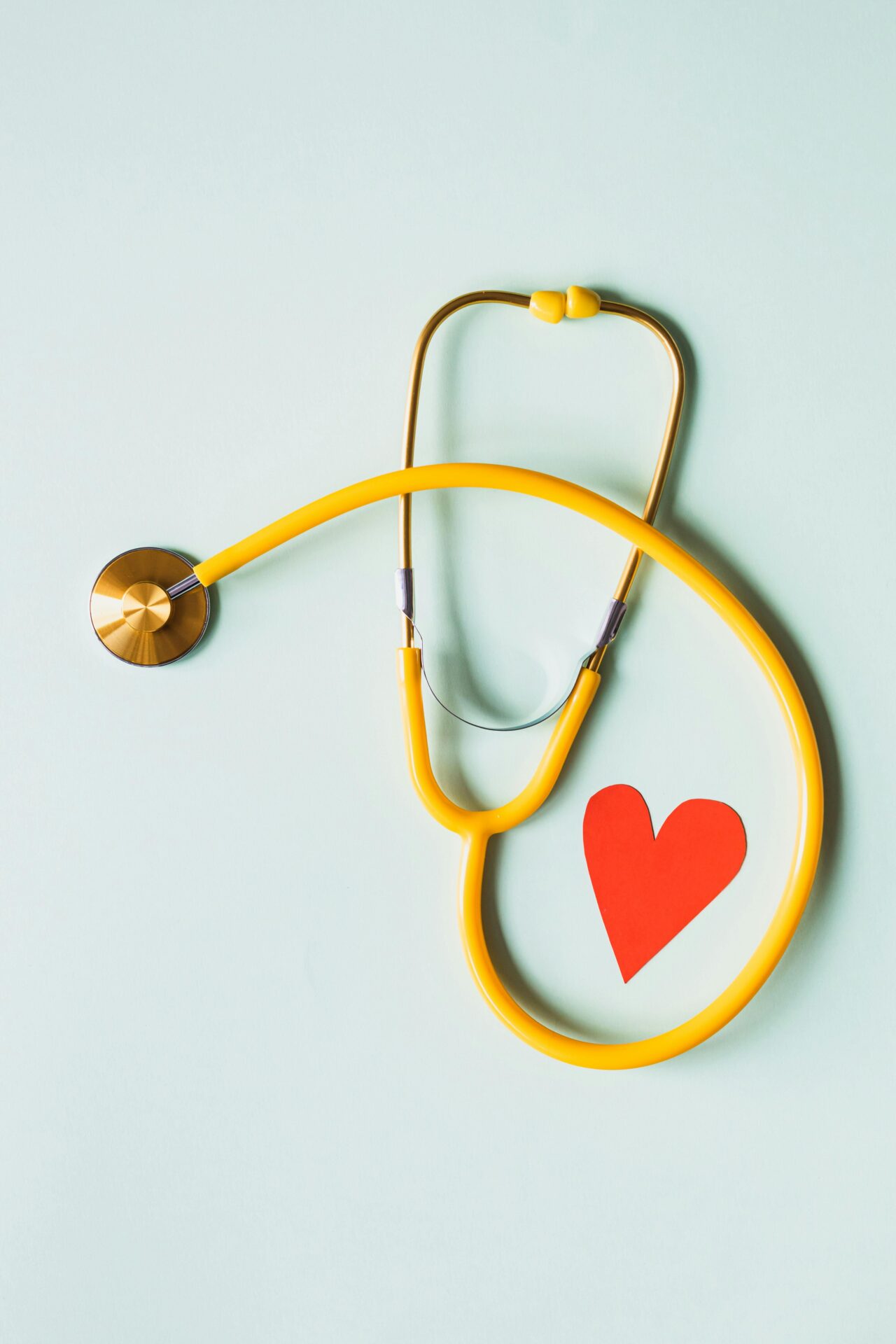Alcohol is a legal psychoactive substance that has a significant impact on health. In children and adolescents, alcohol consumption can lead to serious health and psychological problems because their brains and bodies are still developing. The company tries to protect minors with laws – in Slovakia, the legal age for alcohol consumption is 18 years, while the USA and Japan have raised the limit to 21 years. Serving alcohol to persons under the age of 18 is a criminal offense in Slovakia, even if it is served by parents.
The danger of alcohol consumption among young people manifests itself mainly in various risky ways of drinking. Binge drinking is a type of consumption where young people consume large amounts of alcohol in a short period of time, often with the aim of getting drunk quickly.
Another dangerous trend is drunkorexia, which is a combination of eating disorders and drinking alcohol. In drunkorexia, people reduce their energy intake from food in order to drink more alcohol, since alcohol itself contains calories. This phenomenon often occurs among young people who save money for alcohol instead of food, which is becoming common especially in dormitories and among college students.
Statistics
Experimentation with alcohol begins at a young age, often in elementary school, in 60% of cases already at the age of 12 to 14 years, even on the basis of easy access to alcoholic beverages. 83% of Slovak parents do not talk to their children about alcohol. Recently, there has been an evident increase in alcohol consumption among girls, often with post-traumatic stress disorder. Statistics show that young men whose fathers are addicted to alcohol are at a higher risk of developing addiction.
The effect of alcohol on the body of a child and a young organism
Alcohol is especially dangerous for children and adolescents, because their organism is not yet fully developed. The liver cannot break down alcohol as efficiently as in adults, which increases the risk of liver damage even with occasional consumption. Alcohol also disrupts brain development and can have long-term negative effects on mental and physical health. The younger a person starts drinking alcohol, the higher the probability of addiction and switching to other hard drugs.
The most common short-term effects of alcohol include:
- mood swings
- motor and coordination disorders
- incomprehensible pronunciation
- general numbness
- loss of balance
- red eyes and sometimes aggressive behavior
Alcohol can induce feelings of euphoria or pleasure, tricking the brain into thinking that drinking was a positive decision, motivating the individual to drink again. Consuming large amounts of alcohol, especially if drunk quickly, can cause memory lapses, also known as “blackouts.” These lapses are the result of alcohol blocking the transfer of memories from short-term to long-term memory, which occurs in the hippocampus, a part of the brain responsible for memory consolidation. There is also a higher risk of accidents and alcohol poisoning.
Long-term use of alcohol can lead to serious consequences such as:
- increased risk of developing depression, anxiety, cardiovascular diseases
- deterioration of cognitive abilities, including memory lapses
- damage to the liver and pancreas
- weakened immune system, which increases susceptibility to infections
- negative impact on the skeletal system and high doses of alcohol can also delay puberty
For adolescents whose brains are still developing (note that development is completed between 20-25 years of age), alcohol can seriously impair memory and learning, leading to impaired performance at school or work. This process is part of neuroplasticity – the brain’s ability to adapt to new experiences.
Adolescent brains are particularly prone to impulsive behavior, as the prefrontal cortex, which is responsible for planning and decision-making, matures later. Meanwhile, the brain’s reward- and stress-responsive systems are highly active in adolescence, which explains adolescents’ propensity for risky behaviors, including excessive alcohol consumption. Although alcohol dependence is less common in young people, those who have already developed a physical dependence can experience severe withdrawal symptoms (restlessness, sleep disturbances, irritability, headaches, palpitations, convulsions, even hallucinations) after suddenly stopping drinking, including “withdrawal seizures” that may require medical attention.
Other risks and social consequences associated with alcohol use among young people:
- higher risk of impulsive, short-term and risky behavior, including violence or self-harm, in escalated cases even suicidal behavior or death (in 2018, 2 children under 14 and 10 children aged 15-19 committed suicide under the influence of alcohol)
- reduced ability to maintain healthy relationships, problems at school (truancy, conflicts with teachers)
- increased number of running away from home
- increased risk of involvement in criminal activity and delinquency, especially under the influence of alcohol
- increased risk of traffic accidents (20% of all traffic accidents of 16-20 year olds involve alcohol)
- exposure to the risk of sexual violence or risky sexual behavior, unintended pregnancy or sexually transmitted diseases
What if a child or young person uses alcohol?
In the case of repeated intoxication or harmful use, it is necessary to carry out the so-called short intervention. Motivational interview within 5 minutes, the so-called 5 A – ask, advise, assess, assist, arrange – ask, advise with clear and simple advice, assess, help and observe
The goal of this intervention is to recognize a real or potential problem and to motivate the individual to actively correct it, in person or today also through a telephone conversation or websites. In the case of identification of addiction, a short intervention is not suitable, it is recommended to send the patient directly to a specialist (psychiatrist, addictologist) for a detailed examination and setting up specialized treatment.
When is it necessary to immediately seek a doctor or medical first aid service?
- the child is under the influence of drugs and is at risk of severe poisoning, e.g. cannot be woken up and does not respond to surrounding stimuli
- the effect of the drug has worn off, but mental problems such as hallucinations or feelings of persecution persist
- the child threatens, plans or has attempted suicide
Effective prevention
Effective prevention does not consist in intimidation, prohibitions or orders, but in truthful and comprehensible explanations of risks and offering alternatives to risky behavior.
What to do if parents discover that their child is repeatedly drinking:
- Create a trusting relationship: learn to listen to the child and create a sense of trust so that the child feels safe to confide about his problems
- Promoting self-confidence: teaching the child how to maintain self-confidence and be resistant to peer pressure
- Be an example: parents should be a positive role model and show a healthy approach to alcohol
- Time management: Help the child organize his time, support him in interests and activities that occupy his time and attention
- Establish clear rules regarding the use of alcohol and appropriate penalties for violating them
- Seeking professionals: if parents do not know how to solve the problem, they should seek professional help as soon as possible, as well as ensure cooperation with the school, grandparents, counseling centers and experts (psychologists, psychiatrists)
- Talk to the child about the consequences of alcohol and drug use, point to examples and statistics
What parents should avoid:
- Denying the problem: not ignoring the problem and not turning a blind eye to the fact that the child is drinking
- Hiding the problem from others
- Self-blame: not blaming yourself for the child’s problems
- Not giving the child money that he could use to buy alcohol
- Punish physically: do not use physical punishments as a form of discipline, they can make the situation worse
- Refusal of help: to renounce the child, but on the contrary, to be willing to help and support him in the fight against alcohol abuse
- Hasty action: do not act hastily and impulsively. Solving the problem should be thoughtful and constructive
- Losing hope: never lose hope in the process of solving a problem. Ongoing support and a positive attitude are key
In cooperation with Mudr. Michaela Kríková




